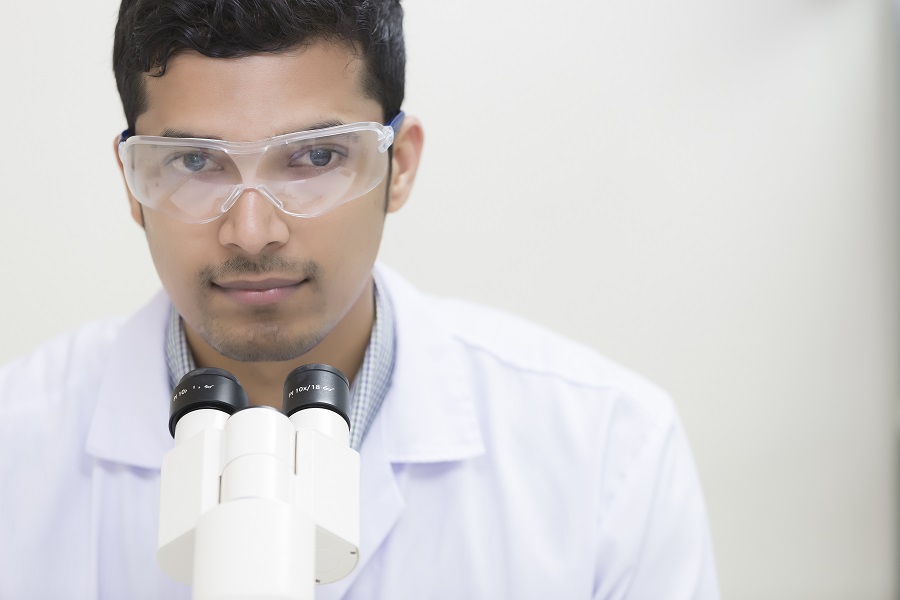
The Options Indian Doctors Have to Pave a Path to Practice in the US
In the US, one in every 20 practicing medical professionals is an Indian or Indian-American. Statistics say that Indians form the largest non-Caucasian segment of the American medical community. So, it comes as no surprise that a lot of Indian medical professionals dream of seeking permanent doctor jobs in the US. It is considered as an enticing career path laden with opportunities for professional growth and success. However, it’s a big decision to make and a difficult one too because relocating to the US means starting a new life where a lot of cultural differences exist and working in a field that is as complex, technically challenging and competitive as medicine. Before you take the step, you may want to make an informed decision by educating yourself on the various options you may have in the US.
If you are an Indian doctor with an MBBS degrees and a dream to make it big in the US, you have two options to practice medicine in the US. These options are as follows:
- You can complete USMLE 1 and USMLE 2 from India and then get Visa to complete USMLE 3 (Residency) in the US.
- You can enroll for a Master’s program in the US to get a student Visa. You can prepare for USMLE 3 while completing your Masters. Once you have cleared USMLE Step 3, you can apply for residency in the hospitals.
What do you need to practice medicine in the US?
You need to complete Residency in the USA and have the state license. Although residency is a paid program, you would have to invest a minimum of 3 years. Upon completion of residency, you have to apply for a state board license in the state you would like to practice medicine.
To understand the United States Medical Licensing Examination (USMLE) better, let’s go more in details:
What is USMLE?
The USMLE is a three-step examination for medical licensure in the United States.
The objective of USMLE is to access the physician’s ability to apply concepts, knowledge and principles while demonstrating patient-centered skills required for safe and effective patient care. The steps involved in USMLE are:
- Step 1 assesses your understanding on applying important concepts of science to practice medicine with emphasis on applying mechanisms and principles involved in health, disease and treatment.
- Step 2 is an evaluation to assess whether you can apply whatever you have learned – your knowledge, skills, and understanding of clinical science for patient care. Step 2 is devoted to the principles of clinical sciences and your basic patient-centered skills. It tests two skills:
- Step 2 CK assesses your clinical knowledge of the physician.
- Step 2 CS uses standardized patients to test medical students and graduates’ clinical skills.
- Step 3 is a final assessment to evaluate how well you can apply your medical knowledge and understanding of clinical science in an unsupervised setting. It also lays emphasis on your ability to manage patients in ambulatory settings.
Passing USMLE gives you many opportunities. Some of them are listed below:
- Apply for residency in USA.
- J1 waiver jobs.
- Apply for fellowship in USA.
- Easy H1B visa processing.
- Lifetime validity of ECFMG certificate.
- USMLE is one the best educational systems in the world.
- USMLE step 1 and step 2 are valid for NZREX Clinical.
- Academics and research facilities availability.
- Fellowships and Specialists jobs opportunities.
- Green card processing.
Now that you know what options you have to practice medicine in the US, making a decision of relocating to the US may be not that difficult.
Author Bio:
Originally from Philadelphia, Eric Brown is a resident of New York, where he works as a standardized patient (SP) and advises NYCSPREP with their Clinical Skills Course. With many years of experience and industry insight into all things SP-related, he helps students ace their CS exams by simulating patients they will work with. He also remains up to date with expectations, trends and developments in CS exams, to help NYCSPREP keep their course current. In his free time, Eric likes unwinding by watching baseball and can be found at the game when the Phillies (his home team) are playing.
